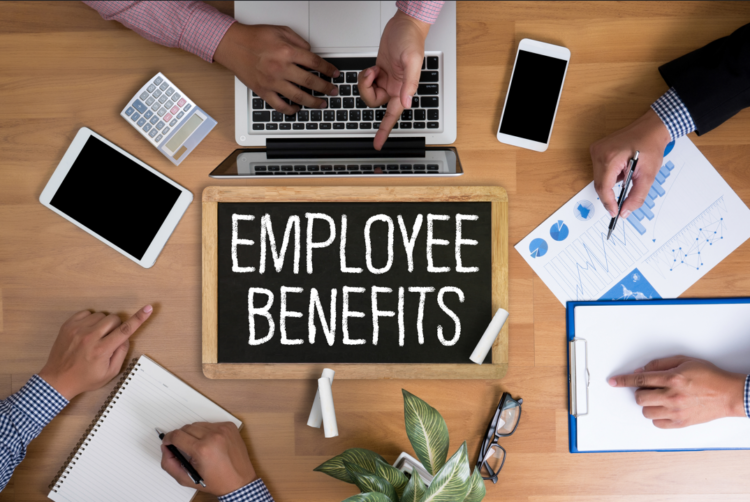Employers and employees might both gain from using an intermediary to source employee benefits, according to Grid.
The industry body for the group risk sector warns that keeping up with the rapidly changing employee benefits landscape is time-consuming and complex for employers, given their other responsibilities. The research highlights the advantages of using intermediaries to source employee benefits.
Employers that used intermediaries saw value in doing so, citing benefits such as expertise in employee benefits at 35%, ensuring competitiveness in the industry at 33%, effective communication of benefits to the workforce at 33%, staying informed about trends at 30%, and wise spending at 28%.
Grid says companies still can seek the assistance of intermediaries in locating the most appropriate employee benefits, even though larger businesses are more likely to hire consultants than SMEs, 22% compared to 40%.
The research also found that only a quarter or 26% of employers claim to know all available employee benefits on the market. In comparison, 43% know of some benefits, according to Grid.
Grid research shows that 44% of employers directly source employee benefits by contacting providers or suppliers, while 34% rely on opportunities sent by providers. Only 26% of employers use intermediaries, and 23% turn to trade bodies or federations for pre-vetted providers.
Grid spokesperson Katharine Moxham said: “Providers in our industry frequently add additional support to their services that benefit the business, employees and their families. While some employers may be aware of such developments, it is an intermediaries’ responsibility to know what is available and how it may best suit an employer and their staff, and they can point employers in the right direction.
“The right intermediary will be able to support the employer in building their knowledge of the most appropriate employee benefits for their business, which will help to get the best possible outcome. As insurers strive to provide unique and more compelling products and services with greater flexibility and options, advisers are well placed to keep track of these developments and support employers in deciphering which ones are most appropriate for them.”











